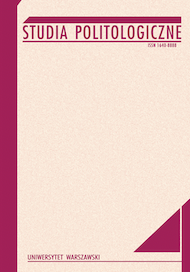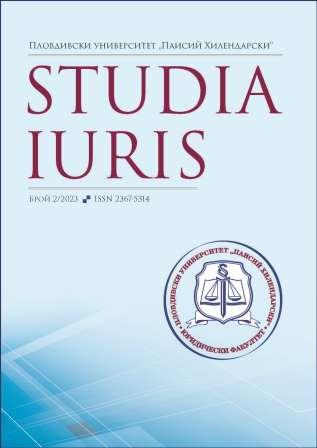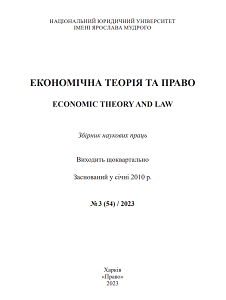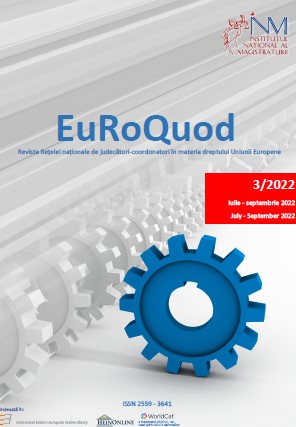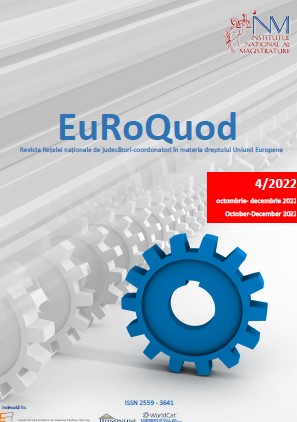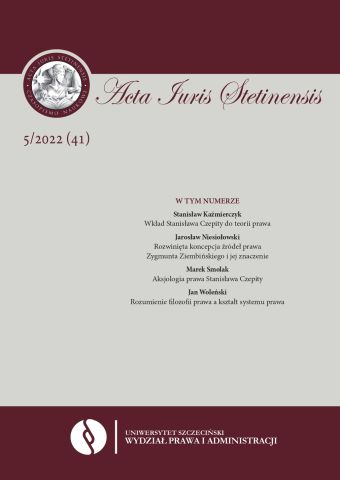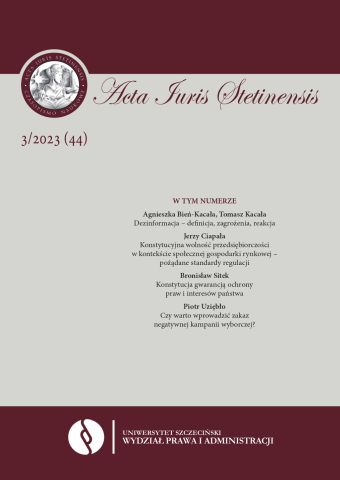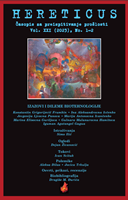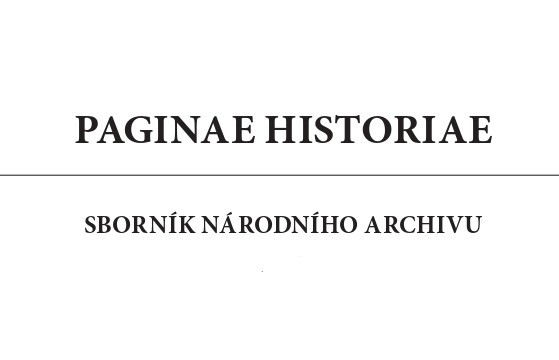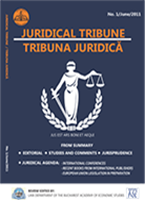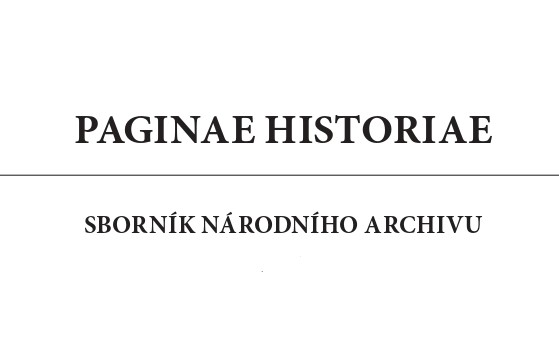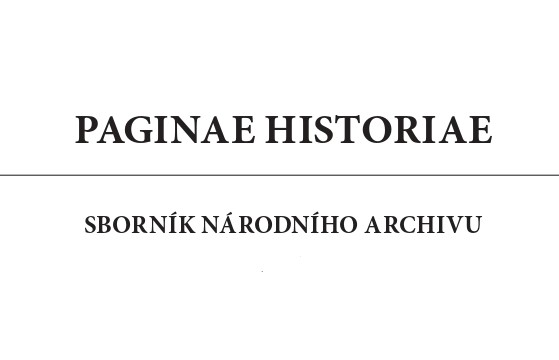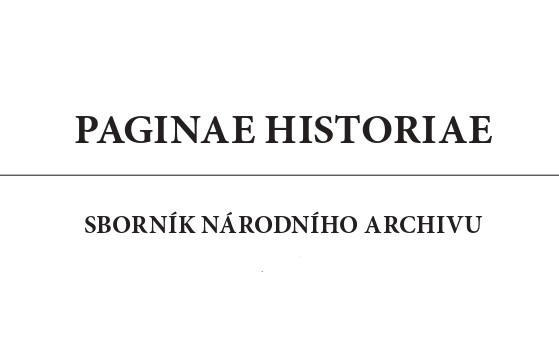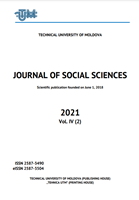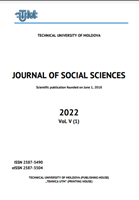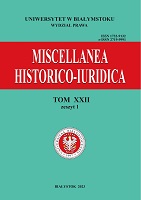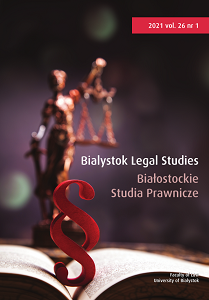
Kontrola finansów publicznych w prawie francuskim. Wybrane aspekty instytucjonalne
This publication is a part of a study of the French Code des juridictions financières in the field of the institutional aspects of the control of public finances. The main purpose is not only to describe the specificity of the French legal system in this field but also to focus on the solutions and type of support institutions that were developed by the French legislator. The general control exercised by the Court of Auditors (Cour des comptes) and regional and territorial audit chambers (Chambres régionales et territoriales des comptes) can be more effective thanks to the so-called supporting institutions, such as the Court for Budgetary and Financial Discipline (Cour de discipline budgétaire et financière), the Supreme Council of Public Finance (Haut Conseil des finances publiques), or the Tribunal for Compulsory Contributions (Conseil des prélèvements obligatoires). This study and analysis of the provisions of the Code des juridictions financières related to the three above-mentioned supporting institutions may also be considered as the first step towards further in-depth analysis and research, and thus the possible application of structures and solutions that are present in French tax law by the Polish legislator or that of any other European country.
More...
